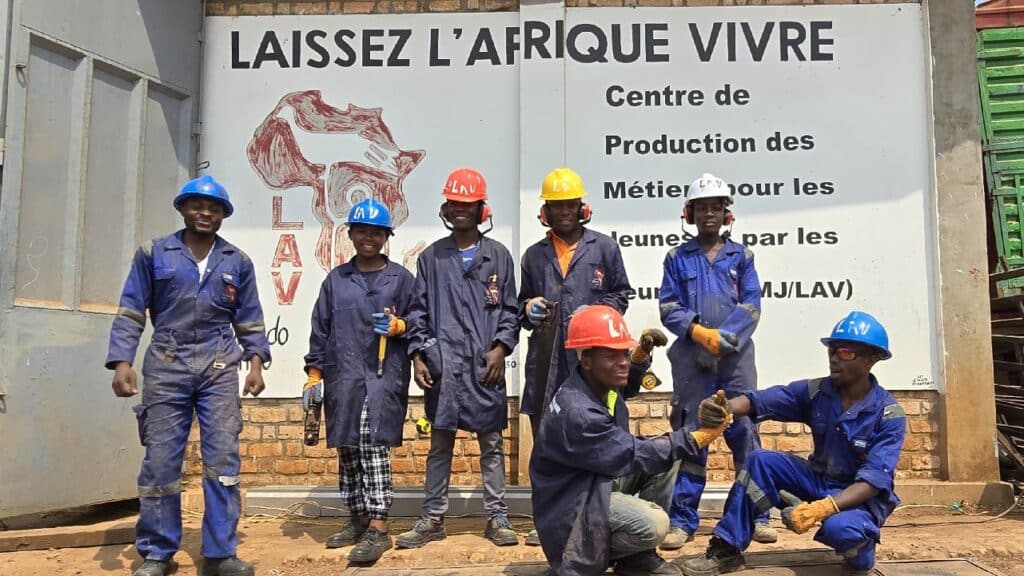Vocational training plays a crucial role in empowering individuals by equipping them with the skills necessary to enter the workforce and achieve financial self-sufficiency. Unlike traditional academic education, vocational training focuses on hands-on, practical instruction tailored to specific trades and careers. By providing targeted education and skill development, vocational programs serve as a bridge to economic independence and long-term stability.
Vocational training programs promote independence in several key ways, helping individuals secure meaningful employment, gain financial freedom, and build a strong sense of purpose.
Create Viable Career Pathways
One of the most significant benefits of vocational training is the creation of viable career pathways. These programs provide hands-on, practical training in fields such as carpentry, plumbing, tailoring, and technology, ensuring that students develop job-ready skills that are in high demand. Rather than spending years on theoretical coursework, vocational students gain tangible expertise that enables them to transition directly into the workforce.
For individuals in the Democratic Republic of Congo (DRC), vocational training is particularly valuable as it opens doors to stable and well-paying employment opportunities. By offering a direct route to economic independence, these programs help individuals break the cycle of poverty and secure sustainable livelihoods.
Promote Financial Independence
A stable job is the foundation of financial independence, and vocational training ensures that individuals have the skills needed to access and retain employment. With training in high-demand trades, graduates can secure jobs that provide a reliable income, allowing them to support themselves and their families without relying on external aid.
Beyond just earning an income, vocational training also cultivates financial literacy and responsibility. Learning to manage wages, budget for expenses, and invest in personal growth builds confidence and fosters lifelong financial security. This empowerment strengthens individuals and contributes to broader economic stability within communities.
Foster a Sense of Purpose and Accomplishment
Vocational training is not just about acquiring technical skills—it also instills a sense of purpose and accomplishment. Many individuals who enter vocational programs have faced hardships, whether due to economic struggles, lack of education, or conflict. By completing a structured training program and securing employment, they experience a renewed sense of confidence and self-worth.
Achieving career goals through vocational education provides a profound sense of pride, motivating individuals to continue improving their skills and advancing in their professions. This empowerment fosters independence and encourages personal and professional growth, ultimately benefiting entire communities.
Support Vocational Training in the DRC
Vocational training is a transformative tool that enables individuals to reclaim their futures. By equipping people with the skills needed to secure stable employment, these programs foster independence, financial stability, and personal fulfillment.
At Let Africa Live, we are committed to providing vocational training opportunities to those in need, particularly in the DRC. By supporting our programs, you can help individuals gain the education and skills necessary to achieve self-sufficiency and build brighter futures.
Join us in making a difference—donate today to support vocational training in the DRC and empower individuals to take control of their lives.

